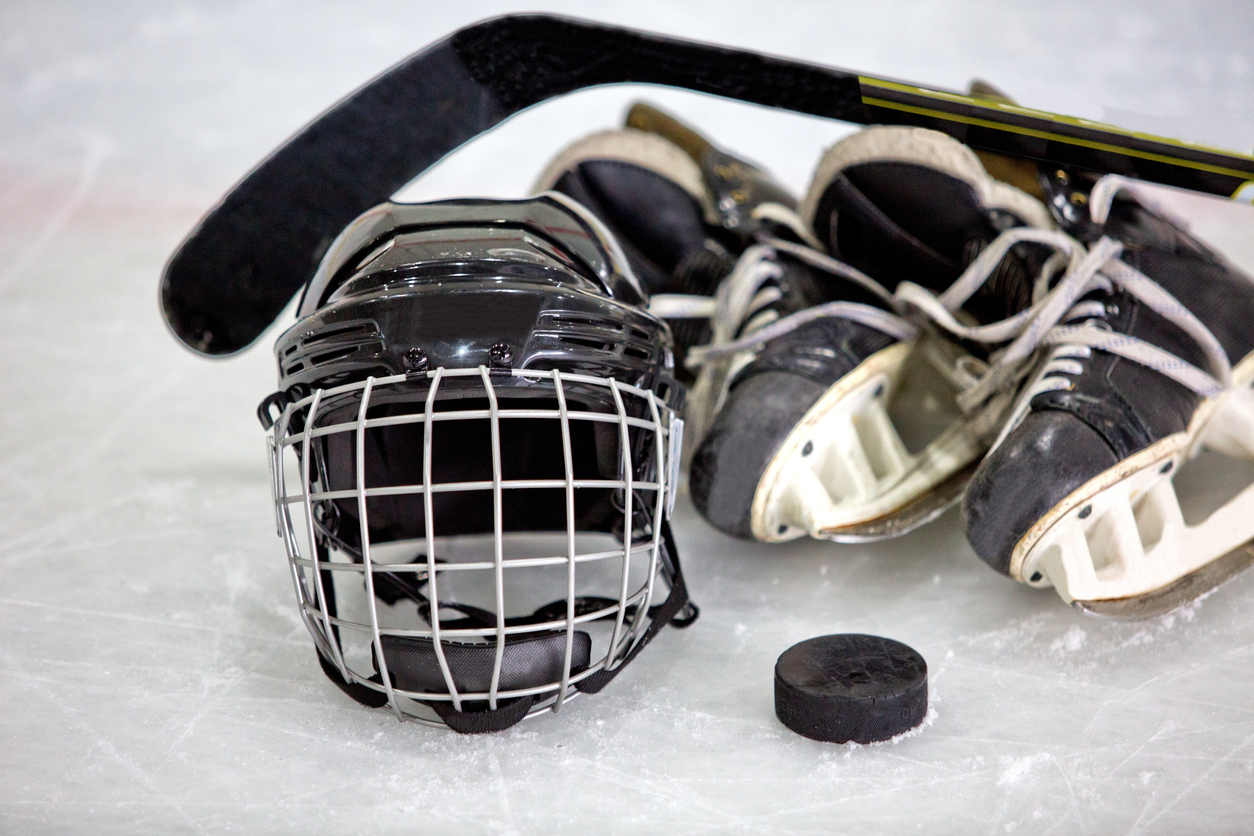NEWS
Benched: Concussions hit hard with student-athletes
February 12, 2020

The CDC reports 65% of sports- and recreation-related concussions coming to the ER involve children 5-18 years old.
With ski, snowboard, and hockey season underway, keeping athletes safe from concussions is top of mind as always. In 2010, the state of New Jersey mandated concussion protocols for athletes playing interscholastic sports. Although prevention policies and concussion protocols can differ from school to school, all student-athletes need to complete a return-to-play protocol and obtain clearance from a physician in order to return to a sport. Even with policies and protocols in place, recreational activities and sports, especially contact sports, remain a threat to a student’s ability to learn and continue to play.
What is a concussion?
A blow or hit to the head can cause a concussion. Additionally, the force from an injury to another part of the body can also cause a concussion if that force carries over to the head. This type of injury prevents the brain from functioning normally.
What are signs of a concussion?
There are a wide range of symptoms associated with concussions that can manifest immediately after a head injury or begin to set in hours after. These symptoms include:
- -Loss of consciousness
- -Balance problems
- -Vomiting and nausea and/or dizziness
- -Fatigue or low energy
- -Irritability
- -Headache or “pressure in head”
- -Sensitivity to sound and/or light
- -Difficulty concentrating and/or remembering
What is a concussion and how is it diagnosed?
How are concussions treated?
If a concussion is suspected, it is important to get an assessment from a physician who specializes in concussions immediately. The physician can diagnose a concussion based on symptoms and a physical exam – imaging such as magnetic resonance imaging (MRI) and computed tomography (CT) scans are not necessary as they do not detect concussions.
To recover from a concussion, cognitive and physical rest are imperative. Students often need a respite from school, homework, video games, and television, as well as all sports and recreational activities. Most high school athletes will recover in three weeks; however, 20% of high school students with concussions will take more than a month to recover.
If someone is not symptom-free after a month, a doctor may prescribe vestibular ocular rehabilitation with a physical therapist trained in concussion rehabilitation or, in severe cases, a physician may refer the patient to a neurologist.
School accommodations for concussions
Saint Peter’s Sports Medicine Institute is a premier provider of concussion care in the central New Jersey region. Arlene Goodman, MD, is director of the institute’s pediatric concussion program for college-age patients and younger. Dr. Goodman is board certified in Pediatrics and Sports Medicine with areas of expertise in concussions, knee pain, and sports medicine. She serves on the Sports Concussion Committee of the Brain Injury Alliance of New Jersey and has been recognized by her peers as one of the “Top Docs for Kids.”. To learn more about Saint Peter’s Sports Medicine Institute and its concussion program, click here.